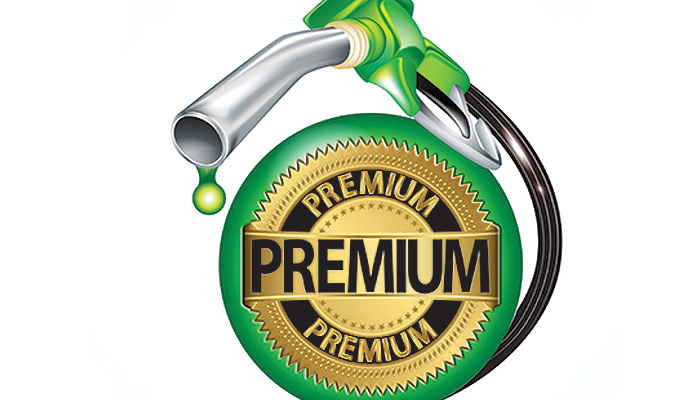Heating oil dealers should brand premium fuels
High-efficiency equipment, the influx of alternative fuels, and increasingly strict emissions standards have dealt blows to the gasoline and heating oil markets alike. What sets the two industries apart, however, is how they’ve responded to being hit.
While the heating oil industry continues to take it on the chin without a fight, major gasoline retailers are punching back with higher quality fuel, bolder branding, and more-aggressive-than-ever marketing campaigns.
Detergent-heavy additive packages such as BP’s Invigorate, Shell’s Nitrogen-Enriched Gasoline, Citgo’s TriCLEAN, Chevron’s Techron, and other top tier-designated fuels (some of which you may recognize from their nationally televised ads) are raising the standard of gasoline, changing consumer perceptions about fuel cleanliness and quality, and extending the lives of vehicles that consume gasoline.
Enhance and Rebrand
Every year added to the life of a car that runs on gas, after all, is a year that a driver isn’t re-upping with a more fuel-efficient model or switching to an electric vehicle altogether. For both drivers and gas retailers, longer lasting vehicles are a win.
The top tier branding push by gasoline retailers should serve as a blueprint for heating oil dealers experiencing similar market contraction. While a small family-run heating oil business may not have the budget of a BP or Shell, it can certainly enhance the quality and performance of its fuel, re-brand it, and market it aggressively to local consumers. Doing so will not only differentiate their business, but extend the life of oil-burning equipment in their customers’ homes, and contribute to the overall improvement of the supply pool.
Today’s fuel additive technology can eliminate fuel problems, maximize efficiency, and optimize performance to create a premium product tailored to meet the needs of customers. Cold flow additives prevent fuel gelling to keep systems running smoothly through the winter. Detergents keep tanks and injector systems clean and free of carbon deposits. Combustion catalysts increase fuel efficiency and decrease emissions. Corrosion inhibitors protect tank linings and system components. Biocides control microbial contamination. Water control treatments prevent fuel degradation and other water-related issues.
Leverage Cleaner Fuels
And now, heating oil dealers have an especially compelling pitch for the 21st-century consumer. With today’s advanced additive technology, combined with the emergence of ultra-low sulfur heating oil and higher ASTM-approved blends of Bioheat® (B6-B20), the industry can offer a safer, cleaner, more efficient and more renewable alternative to natural gas.
That’s right, oil heat can now out-compete natural gas on one of its biggest selling points. With the beating that oil has been taking at the hands of natural gas in recent years, there’s never been a more opportune time to take a page from the gasoline playbook and punch back.
For more information on fuel quality issues, additives, and premium treatment solutions, contact Leo Verruso.
Additional Notes: In Long Run, More Efficient Fuel Retains Demand
According to a recent report released by IHS Automotive, the average age of vehicles on the road has reached an all-time high at 11.4 years. The report forecasts a steady rise in that figure over the next several years, and it’s in the best interest of the gasoline industry to make sure that prediction comes true.
The logic is simple. Every time a driver swaps out an old vehicle for a newer, more fuel-efficient model, the collective demand for gasoline ticks down. If the owner of a 2004 Ford F150 re-ups with a 2015 model, for instance, a vehicle with a fuel economy of 19 miles per gallon is replaced for one that gets 26 mpg. Now imagine what happens to demand if that driver switches to a hybrid.
The same is true in the heating oil world. When a customer decides it’s time to replace their 20-year-old boiler, they generally switch it out for a high-efficiency unit, or convert to natural gas. In either circumstance, demand falls.
As counterintuitive as it may be, flooding the gasoline supply pool with a cleaner, more efficient product—while increasing fuel economy on the one hand—retains demand on the other. The heating oil industry should take notice.
—L.V.


